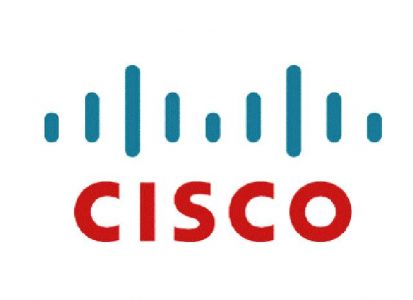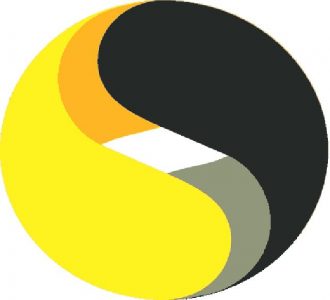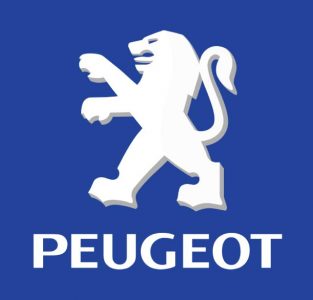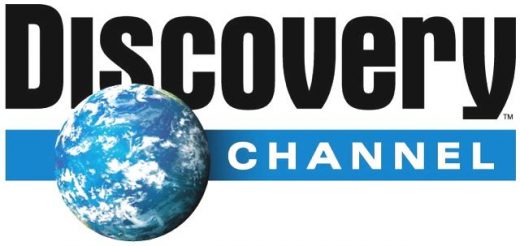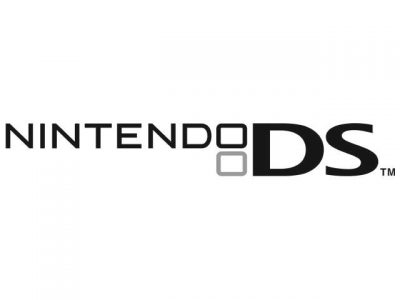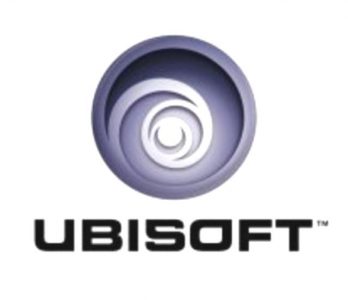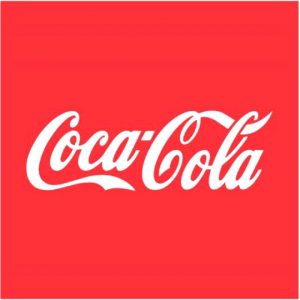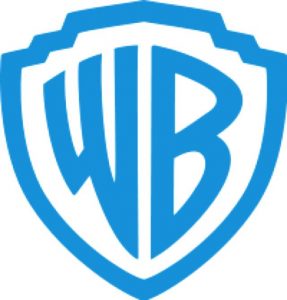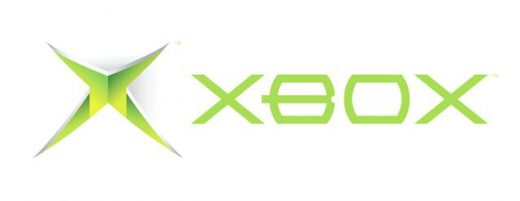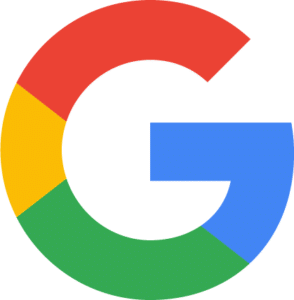Welsh Transcription Services
100% Precise and Human Generated Welsh Transcription Services!
GoLocalise offers Welsh transcription services for audio and video files for business and individual purposes. Our expert team of transcribers will create a text version of your video or audio file, and we can also translate and/or voice over your transcript.
We are your reliable Welsh transcription company!
What Is Transcription?
No, this isn’t a trick question and you might be surprised how many people get this wrong. In simple terms, transcription is the process of listening to audiovisual content and writing down what is heard.
Seems simple enough, so what exactly is the part that confuses people?
We used GoLocalise to voice several of our films in Vietnamese. The service was friendly and professional. Being able to attend the recording sessions gave me confidence; the sound engineer had taken a lot of time to familiarise himself with our films and scripts, and the voice talents were incredibly competent and good at adapting to any changes in the scripts as we recorded. The whole process was incredibly smooth and I felt in safe hands.
Let's get started!
Understanding The Difference Between Transcription and Translation
Many people confuse transcription with translation.
If you need a text version of your audiovisual content in a language which is different to the original language of your source material then you need translation (which, by the way, we can also help you with).
If you’re simply in need of a written transcript in the same language as your original audiovisual materials, that is transcription and you’re in the right place.
What Do Our Welsh Audio and Video Transcription Services Include?
A voice-to-text method that captures everything spoken, including interjections, signs of emotion (coughs, sighs, chuckles), false starts, and thought process shifts. It’s useful for reference during editing, but not ideal for finished, polished content.
This captures the speech exactly as it’s spoken, omitting filler words but without correcting grammar or sentence structure. It’s useful when accuracy is needed, but without polishing the final result.
Filler words, false starts, and mispronunciations are eliminated, with grammar corrected. This creates a refined document that reads more like proper text, ideal for publishing or any public-facing material.
Learn more about Transcription Services
Let's get started!
What Are the Benefits of Transcribing Your Welsh Audio or Video Content with GoLocalise?
There is often confusion between transcription and translation. If you need a version of your audiovisual content in a different language, the you you require translation (which we can also assist with). However, if you simply need a written transcript in the same language as your original content, then transcription is what you need — and you’ve come to the right place.
Take a podcast, for instance. By providing a text version of your audio content, search engines like Google can easily index and include it in their search results. When people search for keywords related to your subject matter, they’re far more likely to come across your material. This not only boosts your visibility but also significantly increases traffic to your site, expanding your reach and enhancing your online presence.
Journalists, bloggers, and other content creators often rely on quotes and citations to back up their arguments. When faced with two equally credible sources, one of which has already been transcribed, the transcribed version is much more likely to be chosen. Having your content available in written form makes it far easier for others to reference and quote, increasing the chances of your material being used in a variety of publications and discussions.
Creating high-quality audiovisual content, whether a podcast or a video, is both time-consuming and expensive. Why restrict it to just one format or platform? With a transcript, you can repurpose your content into a range of new formats, such as blog posts, social media updates, or short teaser clips that can attract new audiences. This process not only drives more traffic to your site but also ensures that your original content continues to serve a variety of purposes, maximising its value and impact.
One of the most important benefits of transcription is the increased accessibility it provides, particularly for people with hearing impairments. Without a written transcript, your audio or video content remains completely inaccessible to the deaf and hard-of-hearing communities. Providing a transcript ensures that everyone, regardless of their hearing ability, can engage with your content, helping to make your message more inclusive and far-reaching.
In the UK alone, there are approximately 550,000 Polish speakers, along with over a million speakers of languages such as Punjabi, Gujarati, Bengali, and Urdu. For many second-language speakers, especially when the content involves complex topics or colloquial expressions, following along with audio in a non-native language can be challenging. By providing a written transcript, you give these audiences a valuable resource to help them understand and engage with your content more effectively, bridging the gap between language barriers.
Creating your audiovisual content, whether that's a podcast or a video of some kind, is often an incredibly time-consuming and expensive process. So why use it for only one purpose? You can use a transcription to repurpose your materials into a blog or social media post, to drive traffic to your website, to use as a teaser to bring people to a full-length podcast, and many more uses too.
Can I Use a Transcription As Subtitles?
Yes, and no. GoLocalise specialises in anything audiovisual so of course if you’re in need of a full subtitling service we can absolutely help with that too, and in fact transcription is an integral part of the process when creating a same-language subtitle file.
The main difference here would be that subtitling also requires very precise technological know-how so that the resultant subtitles follow subtitling conventions and don’t prove to be distracting to the viewer.
A transcription by default won’t necessarily follow these guidelines and is better suited for other purposes, such as the ones listed above.
Tap Into Our High Quality Welsh Transcription Services Now!
So, whatever your reason for transcribing your audio or video content in Welsh, we’re happy to help.
Whether it’s to make your Welsh podcast more accessible to people with hearing impairments, for use as a starting point for a video localisation project, or for any other reason, our experience in these fields has made us the top choice for clients all over the world who want to get more out of their audiovisual content.
Our transcriptionists specialise transcribing Welsh content, but also other audiovisual content from many other languages, consistently ensuring high-quality results.
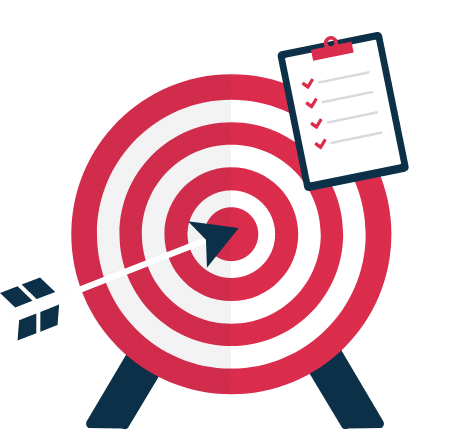
Leave your project to the experts at GoLocalise so that you can relax and be assured of getting top-notch results
Every single detail will be analysed, studied and looked after so that you do not need to worry.
Some would say it’s not too classy to blow our own trumpet… but we just like to point out two very important details.
We have achieved ISO 9001 Quality Management certification in recognition of our consistent performance and high standards, and ISO 14001 Environmental Management because we care about our planet!
And if you are still curious and want to know more about us, why not have a look at our studio page.
Learn more about Transcription Services
Let's get started!
Reach your target market
Don’t leave your important communication to chance. Make sure your message is clearly understood by your audience and choose GoLocalise for your next voice over project. Check out our latest case studies.
We have thousands of passionate and professional voice over artists ready to work with you. Meet some of them in our blog stories.
No matter the type of voice you are looking for, we’ll either have it in our books or find it and source it for you. We’ll organise a casting and ensure you get the perfect voice to suit your needs.
You will also benefit from having your own dedicated project manager – a single point of contact – to guide you through your project, answer any questions you may have and make things a whole lot easier.
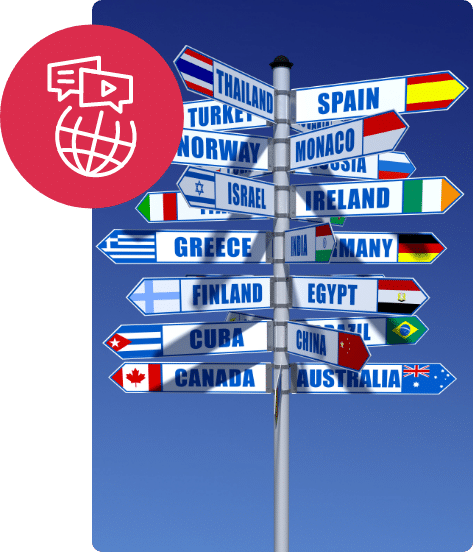
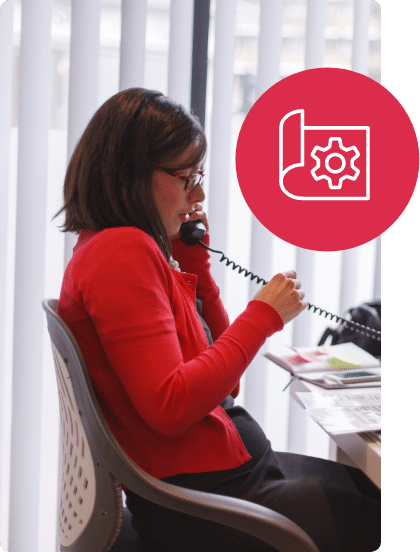
Meet your dedicated project manager
Your project will be in the safe hands of one of our multilingual project managers. They will guide you through every step and ensure you understand the process.
Our industry has a tendency to use lots of technical jargon but your dedicated project manager will be on-hand to untangle the mess and explain all you need to know to ensure you only pay for what you need.
If you need help in choosing the right voice over talent to deliver your message then just ask your project manager.
From booking our voice over recording studios to ensuring you project is delivered on time in your chosen media, relax and let your experienced project manager take care of everything.
You will receive unparalleled attention to detail and customer focus at competitive prices. You’ll wish everything was as easy as a GoLocalise voice over agency!
Perfect voice over recording studios
Your most discerning customers will thank you for choosing our modern state-of-the-art recording studios. Every detail has been carefully thought through for your comfort, leaving you to simply focus on what matters most – the voice over session.
Your recordings will sound beautiful and crystal clear thanks to our high-end studio sound-proofing and audio equipment, i.e. ProTools HD and Neumann microphones.
Maximise your budget by reducing the need for retakes with the help of our experienced in-house sound engineers who will professionally capture and edit your audio.
And for those recordings in languages which neither you nor your client speak, we’ll bring a qualified pro to your session to add that essential ingredient.
To make you feel right at home, we provide high-speed Wi-Fi Internet and air-con is available. And last but not least, we have the biggest cookie jar you’ve ever seen, that’ll make your custom brew taste even sweeter!
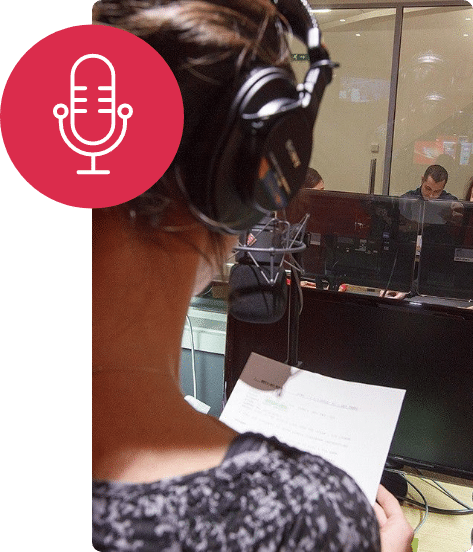
What our happy customers say
Josie Gallo
Content Co-ordinator at Medical Aid Films
Patricia Leon-Fedorko
Account Specialist at Advanced Language
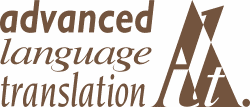
Jonathan Lapps
Account Manager at Epipheo
Philippa Strandberg-Long
Deputy Course Leader - Acting, Italia Conti
Adam Ruddick
Head of Production at Casual Films
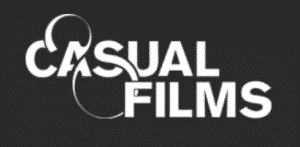
Nicola
English UK Voice Over Talent

Price Match Promise
Challenge Our Prices, Enjoy Our Quality
A Brief History Of Welsh
Welsh is a member of the Brittonic branch of the Celtic languages spoken natively in Wales, by some along the Welsh border in England, and in Y Wladfa (the Welsh colony in Chubut Province, Argentina). Historically it has also been known in English as “the British tongue”, “Cambrian”, “Cambric” and “Cymric”.
The 2011 UK Census counted 3.1 million residents of Wales. Of these, 73% (2.2 million) reported having no Welsh language skills. Of the residents of Wales, 25% of the population is not from the country. Of the residents of Wales aged three and over, 19% (562,000) reported being able to speak Welsh, and 77% of these were able to speak, read, and write the language (making 431,000 – 15% of the total population). This can be compared with the 2001 Census, in which 20.8% of the population (582,000) reported being able to speak Welsh. In surveys carried out between 2004 and 2006, 57% (315,000) of Welsh speakers described themselves as fluent in the written language.
A greeting in Welsh is one of 55 languages included on the Voyager Golden Record chosen to be representative of Earth in NASA’s Voyager program launched in 1977. The greetings are unique to each language, with the Welsh greeting being Iechyd da i chwi yn awr ac yn oesoedd, which translates into English as “Good health to you now and forever”.
The Welsh Language (Wales) Measure 2011 gave the Welsh language official status in Wales, making it the only language that is de jure official in any part of the United Kingdom, English being de facto official. Throughout Wales, road signs are bilingual with Welsh and English (e.g. Chepstow is the English name, also given as Cas-gwent which is the Welsh name). The language that appears on the signs first is decided by the local government.
Welsh evolved from British, the Celtic language spoken by the ancient Britons. Alternatively classified as Insular Celtic or P-Celtic, it probably arrived in Britain during the Bronze Age or Iron Age and was probably spoken throughout the island south of the Firth of Forth. During the Early Middle Ages the British language began to fragment due to increased dialect differentiation, evolving into Welsh and the other Brythonic languages (Breton, Cornish, and the extinct Cumbric). It is not clear when Welsh became distinct.
Kenneth H. Jackson suggested that the evolution in syllabic structure and sound pattern was complete by around 550, and labelled the period between then and about 800 “Primitive Welsh”. This Primitive Welsh may have been spoken in both Wales and the Hen Ogledd (“Old North”), the Brythonic-speaking areas of what is now northern England and southern Scotland, and therefore been the ancestor of Cumbric as well as Welsh. Jackson, however, believed that the two varieties were already distinct by that time. The earliest Welsh poetry – that attributed to the Cynfeirdd or “Early Poets” – is generally considered to date to the Primitive Welsh period. However, much of this poetry was supposedly composed in the Hen Ogledd, raising further questions about the dating of the material and language in which it was originally composed
The Complete Solution To Adapt Your Content
Looking to get your entire project under one roof? Look no further, we can help you make life easier for you!
- Neumann Microphones
- On-hand Sound Engineers
- Talented Voice Over Actors
- State-of-the-art Recording Studios
- Tailored to Your Business
- Stringent Quality Control Process
- Laser-Focused Project Managers
- Global Network of 600+ Languages

- Professional Subtitlers
- Open/Closed Captions & Web
- Industry-Standard Software
- Subtitle Burn-in & Graphic Editing

- Improve accessibility
- Reach a wider audience
- Increased SEO and video views
- Maximise your video's engagement

